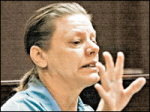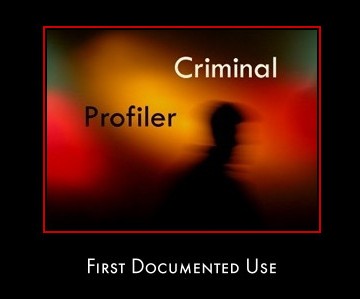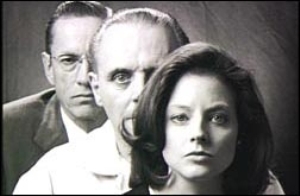The American Academy of Psychiatry and the Law held its annual meeting in Chicago at the end of October. One of the panel discussions during the meeting was entitled 'Serial Killers: From Cradle to Grave' which addressed the perceived limitations of FBI profiles. Among the issues raised were the following:

The notorious BTK murderer Dennis Rader who remained at large for over 30 years did not fit into the FBI's profiling methodology in relation to crime scenes.

Florida prostitute Aileen Wuornos convicted and subsequently executed for the murder of several men was effectively excluded from profiling typologies because the FBI database of convicted serial killers did not include women.
The FBI tends to categorise a crime scene as either organized or disorganized. An organized crime scene is said to highlight the control and careful planing the suspect has displayed in his/her environment when commissioning the crime; thereby pointing to an educated and socially competent individual. In contrast, a disorganized crime scene points to a lack of control and an absense of intelligent decision making. The disorganised suspect does little if anything to cover his/her tracks, pointing to a suspect who is either of low intelligence or a habitual user of drugs and/or alcohol.
On the surface this seems to be a perfectly reasonable classification system but one of the issues under discussion was the fact that crime scenes often have both organized and disorganized aspects. Dr Charles L. Scott who led the panel discussion states that the actions of BTK
murderer Dennis Rader provide a clear example of this. Scott suggests Rader's first crime scene demonstrates this ambiguity as there was clear evidence of advance planning and his domination of the environment but there were several disorganized elements as well e.g. leaving behind the Venetian blind cords he used as a strangling device.
Scott also points to the problems associated with the fact that in developing profiles of serial killers, the FBI draws on data and findings elicited from interviews with just 36 convicted serial murderers, all of whom were male and 90% of them white; which raises the question of relevance in relation to female or non-caucasian serial killers.
According to Dr Scott “The FBI profiling method has many positive attributes. But it also has some inherent limitations”, and that the purpose of the panel discussion was not to critique the FBI, but acquaint forensic psychiatrists with how the FBI profiles serial killers.
Have Your Say
So what do think of FBI profiling, art or science? Help or hindrance? Why not post your views over at the All About Forensic Psychology Forum?
Visit The Forensic Psychology Forum
If you would like to find out more about criminal profiling, don't forget that there are several pages dedicated to the subject on the main forensic psychology website.
Click Here To Visit The Forensic Psychology Website



















